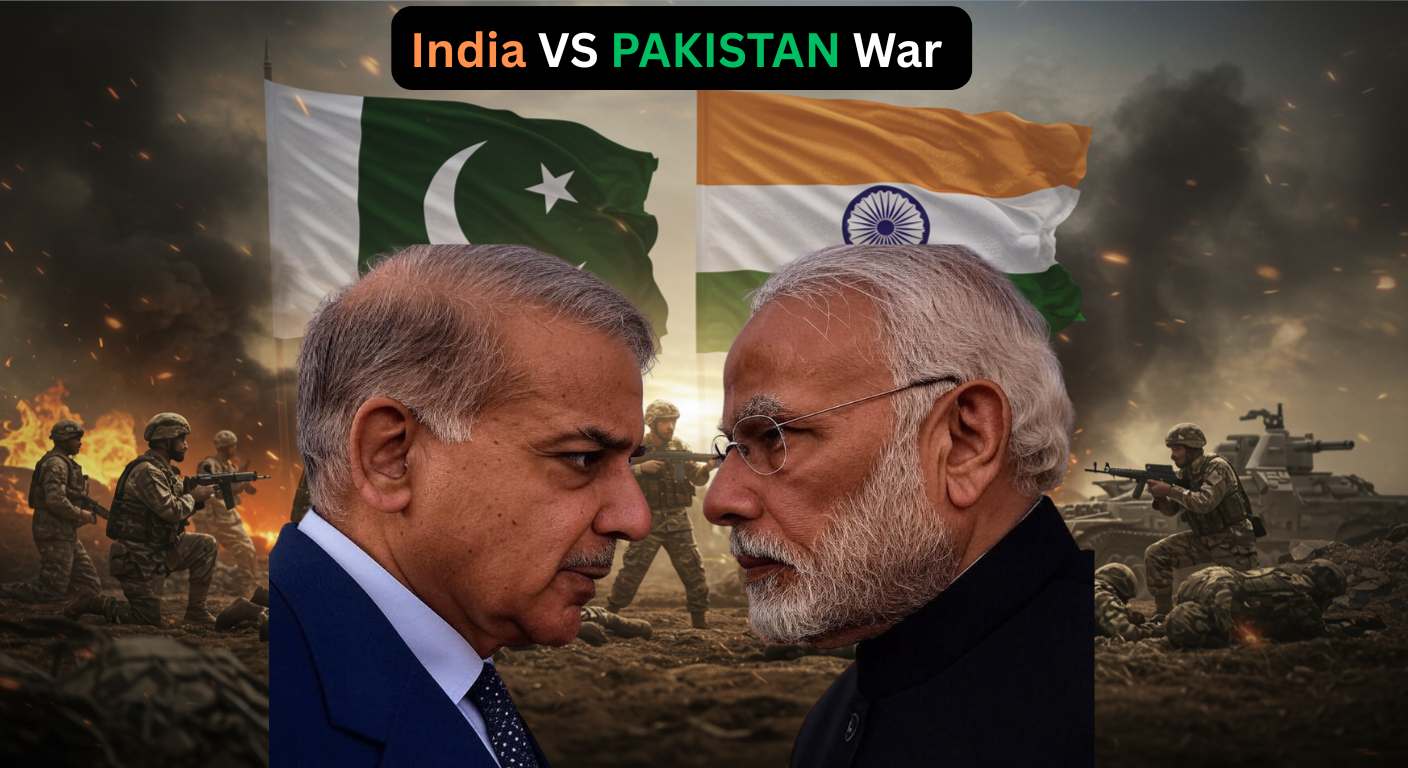Indus water treaty : PAKISTAN INDIA War on WATER INDIA SUSPEND MAIN POINTS

🌊 Indus Water Treaty – Main Points with Brief Explanation
1. Signed in 1960
- It was signed between India and Pakistan, with the help of the World Bank.
- Purpose: To peacefully divide the use of river waters after Partition (1947).
2. Division of Rivers
🔹 Eastern Rivers (India’s control):
- Ravi, Beas, Sutlej
- India can use all of the water from these rivers without any restrictions.
🔹 Western Rivers (Pakistan’s control):
- Indus, Jhelum, Chenab
- Pakistan has full rights to use these rivers.
- India can use a limited amount (for hydropower, irrigation), but cannot stop or reduce water flow to Pakistan.
🌟 This was done because most of Pakistan’s agriculture depends on western rivers.
3. Pakistan’s Concerns
- India’s dam projects like Kishanganga and Baglihar on the western rivers raise fears in Pakistan.
- Pakistan thinks these projects could affect the flow and availability of water.
Indus Water Treaty – Current Situation (Brief Explanation)
On April 23, 2025, India officially suspended the Indus Water Treaty with Pakistan. This decision came after a deadly terror attack in Pulwama, in which 26 people were killed. India blamed Pakistan for supporting the attackers, though Pakistan has denied all allegations.
🇮🇳 India’s Response:
- India suspended the Indus Water Treaty, which had been in place since 1960.
- It also closed the Wagah-Attari border, the main land route between the two countries.
- Indian government expelled Pakistani defense officials and canceled all SAARC visas for Pakistani citizens.
🇵🇰 Pakistan’s Reaction:
Pakistan condemned the suspension and said that India is using a tragic event as an excuse to violate an international agreement. Pakistan also warned that this move could escalate tensions in the region.
📌 Why It Matters:
- The Indus Water Treaty is a key water-sharing agreement between India and Pakistan.
- Its suspension could affect agriculture and water supply, especially in Pakistan.
- This move is seen as a major diplomatic escalation, and it puts future peace efforts at risk.
Can war happen over the Indus Water Treaty?
✅ Possible, but not likely immediately.
- If India blocks water, it could badly affect Pakistan’s agriculture and economy.
- Both are nuclear-armed countries, so war would be extremely dangerous.
- Diplomatic pressure and global intervention are likely to prevent war.
📌 Conclusion:
Tensions may rise over water, but negotiations are key to avoiding conflict.


